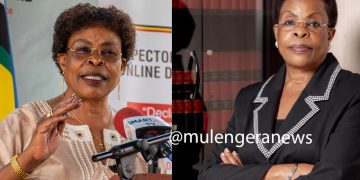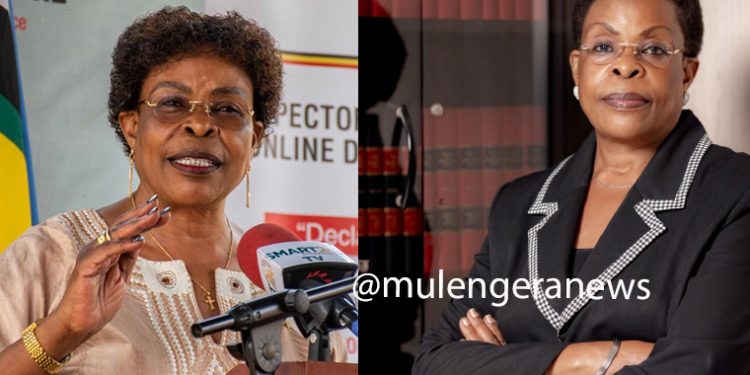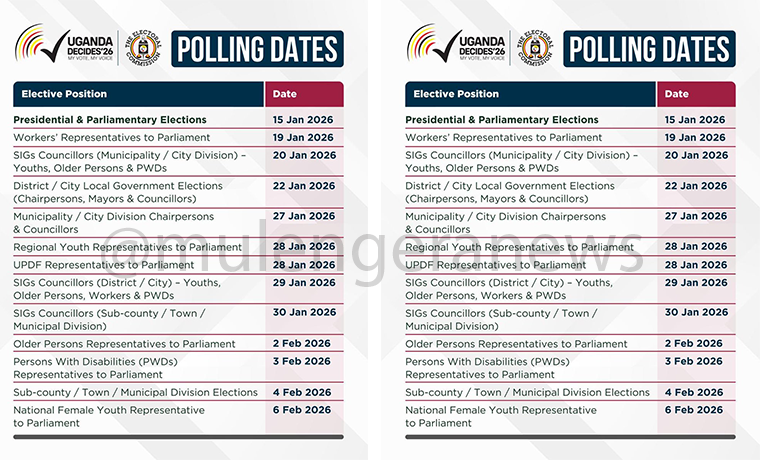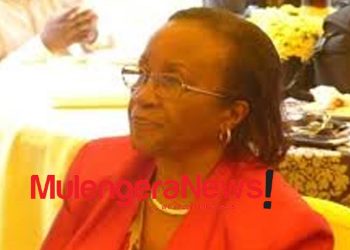By Aggrey Baba
In a troubling blow to public trust, more than 3,200 Ugandan leaders, including cabinet ministers and MPs refused to declare their wealth by the March 31 deadline, as required by law.
What was meant to be a routine act of accountability has turned into a national scandal, raising alarm over the state of integrity in public service.
Despite being given ample time to comply with the Leadership Code Act, these leaders chose silence over transparency. Their failure is not just a technical lapse, but a loud and clear message that some of Uganda’s top officials have no interest in being held accountable.
[He who hides his harvest fears the owner of the land]. And now, the public is left to wonder: what are these leaders hiding?
The Inspectorate of Government (IG), responsible for overseeing the process, has already flagged over 200 high-risk cases through its electronic verification system. These cases suggest a mismatch between declared wealth and known incomes, pointing to possible corruption or illegal enrichment.
Without asset declarations, it becomes easy for public officials to abuse their offices and amass unexplained fortunes behind closed doors.
Uganda loses an estimated sh9.8 trillion every year to corruption, a loss that stifles development, drains public services, and deepens inequality. And yet, of the thousands who failed to declare their wealth, only 52 officials have been convicted so far this year.
This weak enforcement emboldens wrongdoers, reinforcing a dangerous culture where dishonesty is tolerated. [When the fence is broken, even goats learn to walk through].
Unlike many democratic countries where asset declarations are public and easily accessible, Uganda’s system keeps this information behind closed doors. This secrecy has allowed dishonesty to thrive, shielding leaders from scrutiny and blocking citizens from holding them accountable.
Since 2022, there have been 103 convictions for under-declaration, but that number is a mere drop in the Nile compared to the scale of the problem.
Honourable Betty Kamya, the IGG, now, faces the uphill task of prosecuting all 3,212 defaulters and is pushing for stronger laws to ensure compliance.
There are growing calls from civil society to name and shame the culprits, arguing that transparency must not be negotiable. [A fish rots from the head], they warn, and if Uganda’s leaders cannot lead with honesty, the entire system risks decay.
Leadership is not about hiding behind power, but service, sacrifice, and openness. By refusing to declare their wealth, these officials have placed personal interest above national progress.
But the public is watching, and the winds are changing. It is time for leaders to remember that “a clear conscience fears no accusation.” (For comments on this story, get back to us on 0705579994 [WhatsApp line], 0779411734 & 041 4674611 or email us at mulengeranews@gmail.com).































